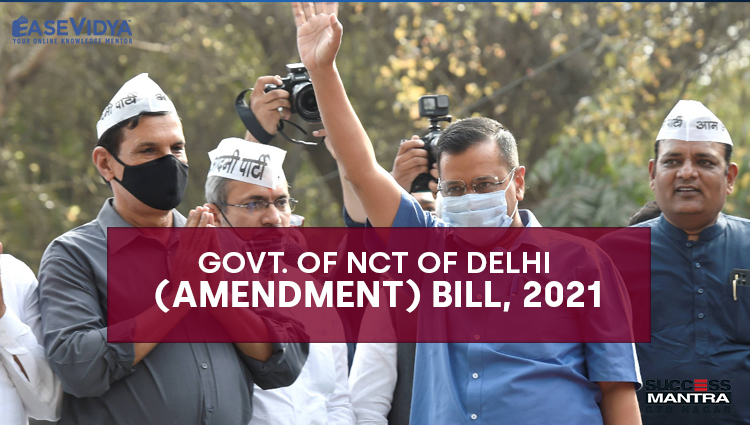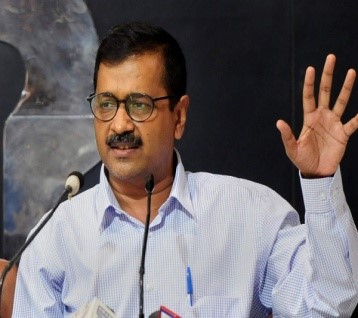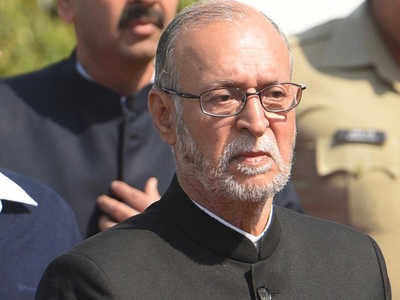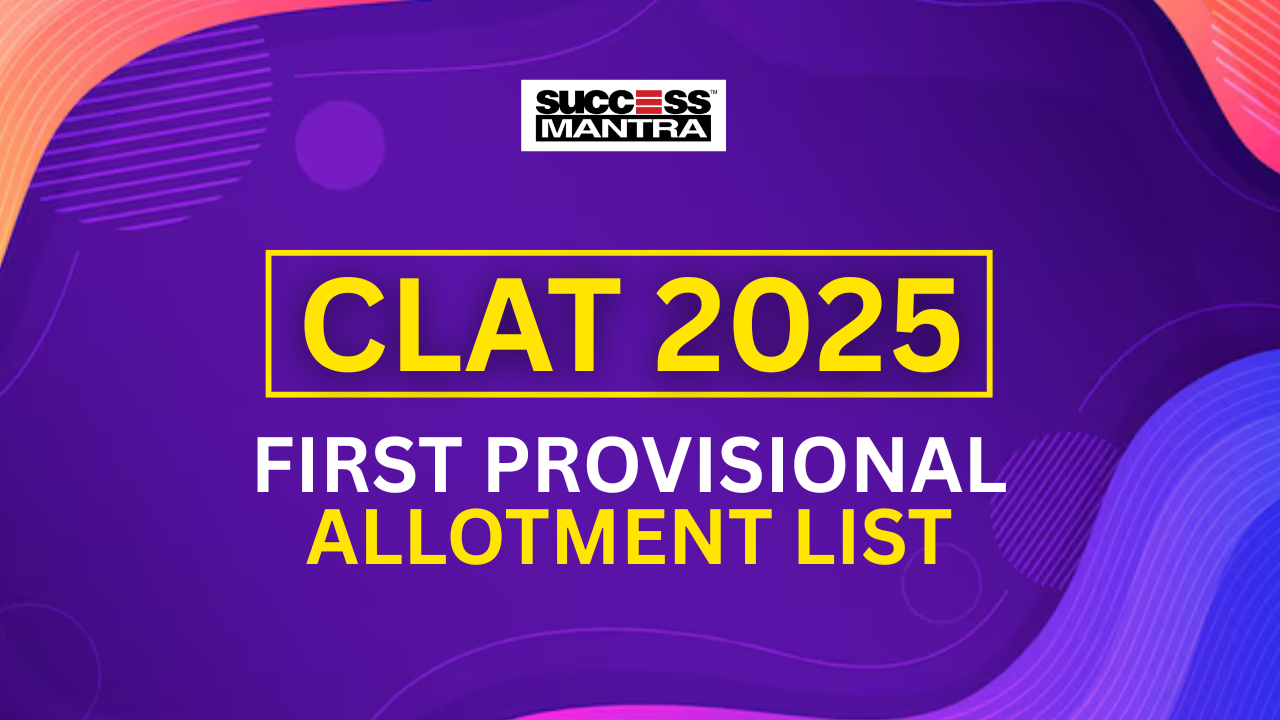
GOVT OF NCT OF DELHI AMENDMENT BILL 2021
GOVT. OF NCT OF DELHI (AMENDMENT) BILL, 2021

Recently, the central government introduced the Government of National Capital Territory of Delhi (Amendment) Bill, 2021 in the Lok Sabha to amend the Government of National Capital Territory of Delhi Act, 1991. It aims to "further define the responsibilities of the elected government and Lieutenant Governor (LG) in Delhi".
PROVISIONS OF THE BILL
- “Government" to mean "Lieutenant Governor (LG)": The expression 'Government' referred to in any law to be made by the Legislative Assembly shall mean the Lieutenant Governor (LG).
- Widening of Discretionary Powers of LG: The Bill gives discretionary powers to the LG even in matters where the Legislative Assembly of Delhi is empowered to make laws.
- Necessarily Granted an Opportunity to LG: It seeks to ensure that the LG is “necessarily granted an opportunity” to give her/his opinion before any decision taken by the Council of Ministers (or the Delhi Cabinet) is implemented.
- Related to Administrative Decisions: The amendment also says that “Legislative Assembly shall not make any rule to enable itself to consider the matters of day-to-day administration of the Capital or conduct inquiries in relation to the administrative decisions”.
NEED OF THE AMENDMENT OF THE BILL
For Structural Clarity: The Ministry of Home Affairs’ statement on “objects and reasons” of the Bill stated that Section 44 of the 1991 Act deals with conduct of business and there is no structural mechanism for effective time-bound implementation of the said section. Also, there is no clarity as to what proposal or matters are required to be submitted to Lieutenant Governor before issuing order thereon. Section 44 of the 1991 Act says that all executive actions of the LG, whether taken on the advice of his Ministers or otherwise shall be expressed to be taken in the name of the LG.
BACKGROUND OF THE EVENTS

In its 2018 verdict, the five-judge Bench had held that the LG’s concurrence is not required on issues other than police, public order and land. It had added that decisions of the Council of Ministers will, however, have to be communicated to the LG. The LG was bound by the aid and advice of the council of ministers. The court also said that the status of the LG of Delhi is not that of a Governor of a State, rather he remains an Administrator, in a limited sense, working with the designation of Lieutenant Governor”. It had also pointed out that the elected government must keep in mind that Delhi is not a state. Encouraged by the Supreme Court verdict, the elected government had stopped sending files on executive matters to the LG before the implementation of any decision. It has been keeping the LG informed of all administrative developments, but not necessarily before implementing or executing any decision. But the amendment, if cleared, will force the elected government to take LG's advice before taking any action on any cabinet decision.
GOVT. OF NCT OF DELHI ACT, 1991
Delhi’s current status as a Union Territory with a Legislative Assembly is an outcome of the 69th Amendment Act through which Articles 239AA and 239BB were introduced in the Constitution. The Government of National Capital Territory of Delhi (GNCTD) Act was passed simultaneously to supplement the constitutional provisions relating to the Assembly and the Council of Ministers in the national capital. For all practical purposes, the GNCTD Act outlines the powers of the Assembly, the discretionary powers enjoyed by the LG, and the duties of the Chief Minister with respect to the need to furnish information to the LG.
Delhi has a peculiar federal architecture. Before the 69th Constitutional Amendment Act of 1991, Delhi was a Union Territory. The amendment re-designated it as National Capital Territory of Delhi and designated the administrator of Delhi as the Lieutenant Governor (LG). Further, it created a Legislative Assembly and a Council of Ministers for Delhi. The assembly can make laws on all matters of the State List except public order, land and police. The Council of Ministers (CoM) headed by the Chief Minister aid and advice the LG in exercise of his functions except in so far as he is required to act in his discretion.
The recent cases of conflicts between the LG and the government have largely happened due to assertion of this discretion by the LG with regards to matters such as appointments, like that of Parliamentary Secretaries. The ambiguities with respect to the discretion of LG have resulted in a tussle between his office and the government. The government has accused the LG of acting on behalf of the centre to prevent proper functioning of the government. It claims that the LG should act on the aid and advice of CoM on matters except those stated in the amendment. Since Delhi is the seat of both the national capital territory as well as that of the central government, the centre is bound to have a say in the matters of the city. At the same time, the LG should not interfere in the day to day running of the government. The LG has a dual role to play as an administrative and constitutional head. A balance of jurisdictions needs to be determined so that the citizens don’t suffer as a result of the policy paralysis happening due to this turf war. The ultimate loser is governance and people of Delhi.
CONCLUSION
This impasse is not new altogether. Since 1967, when the parties ruling at centre and state started varying, there has been trust deficit between the state/UT govts and the governors or administrators acting on behalf of centre. In Delhi also, successive governments have asked for more power and full statehood. It has just been magnified in current times due to presence of strong leadership at both central and state level. There is a need for harmonious functioning based on the spirit of co-operative federalism between the two.













0 Comment